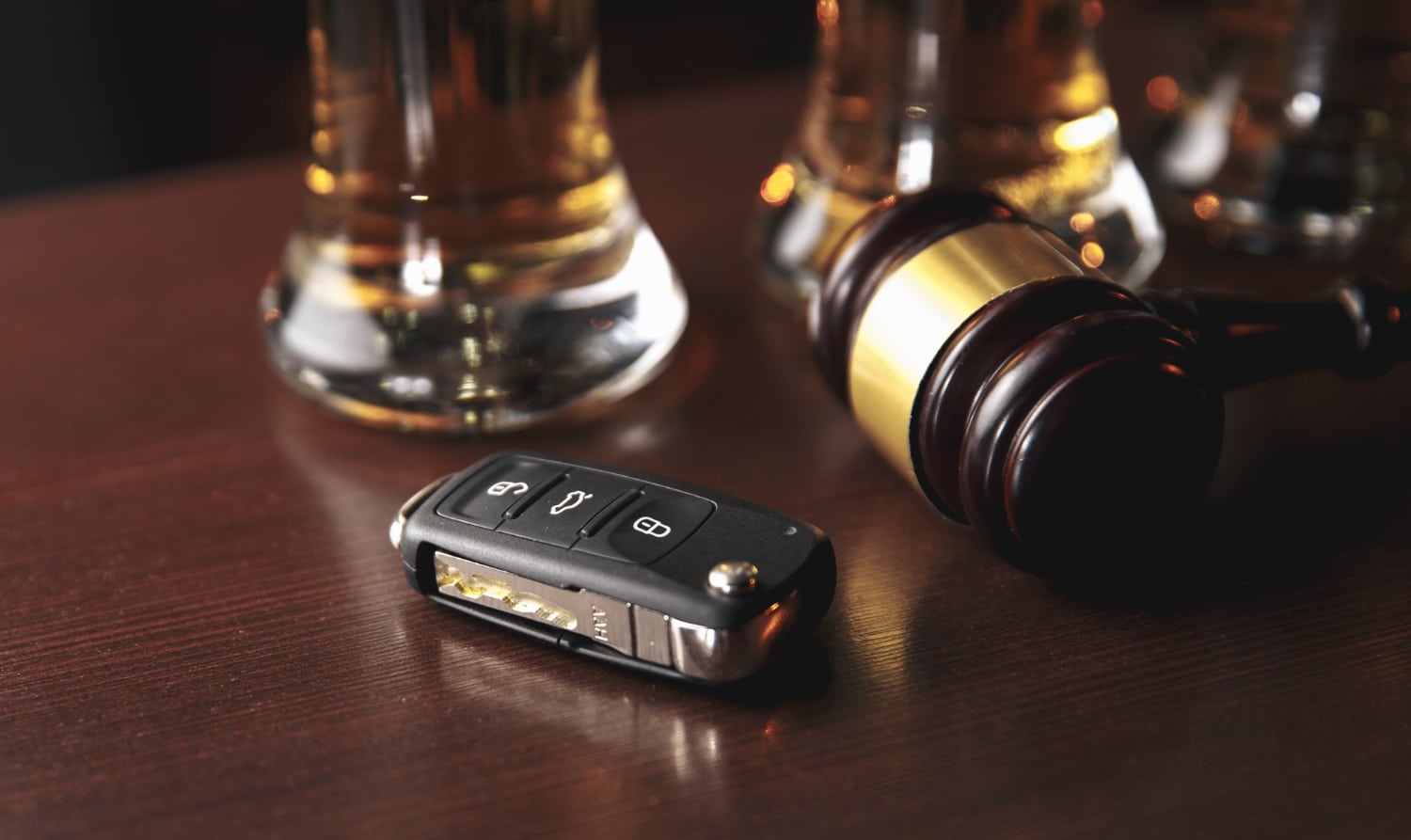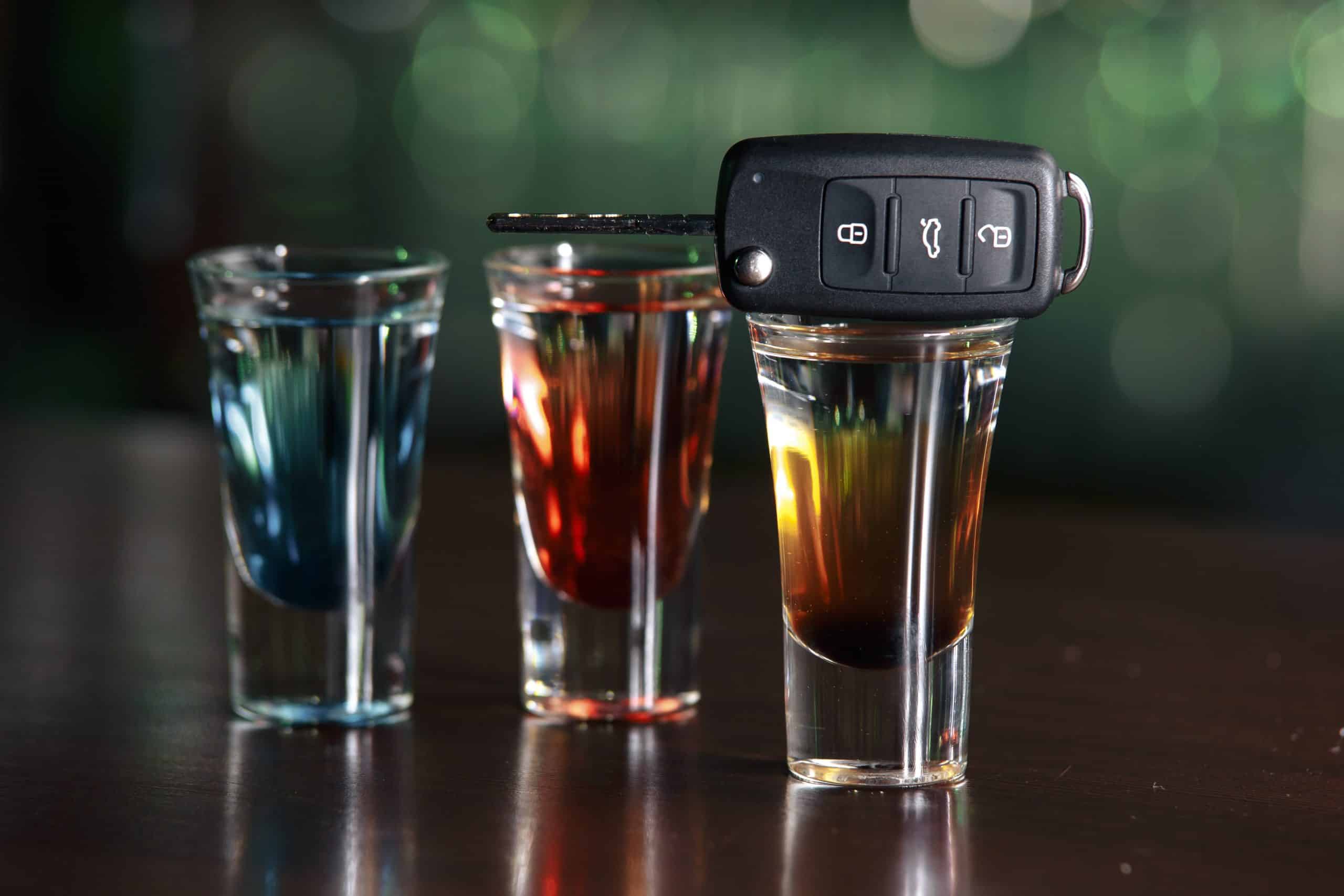Table of Contents
Both DWI and DUI are terms used in everyday life to describe driving a vehicle while intoxicated. Some people use these terms interchangeably, others think there’s a bit of a difference between them, but the main question is how the DWI meaning and its differences from DUI are defined by the Criminal Code.
The Real DWI Meaning
The most direct DWI meaning is what the acronym stands for — driving while intoxicated. It’s what people usually mean when they mention DWI — a case of driving while under the influence of alcohol or illegal substances that impair one’s ability to drive safely.
While widely used in everyday language and media, the term “DWI” is not actually recognized by the Canadian legal system.
The official legal term used instead is “impaired driving”. This is a serious criminal offence that threatens public safety and is actively pursued and prosecuted by law enforcement, which thoroughly investigates impaired driving cases to reduce the risk of casualties.
Difference Between DWI and DUI
Although the term “DWI” never gained as much traction in Canada as it did in the U.S., the “DUI” acronym is being used regularly. However, it is not a legal term either. Neither DWI nor DUI have a legal status in Canadian law, with “impaired driving” substituting both.
Historically, Canadian law initially used the term DWI when the offence was first introduced in 1921, but soon legal terminology shifted to “impaired driving” in 1925, broadening the scope of the law and moving away from the American-style acronyms.
Impaired Driving Laws in 2025

In Canada, impaired driving is regulated under Section 320 of the Criminal Code, which outlines the laws and penalties related to driving under the influence, commonly referred to as DWI.
This section outlines the specific offences and penalties related to driving under the influence. It prohibits operating a car, truck, boat, or other motor vehicle, while the driver’s ability to operate it is impaired. The law also covers situations where a driver has a blood alcohol concentration (BAC) equal to or exceeding 80 milligrams of alcohol per 100 millilitres of blood (0.08%).
Penalties for Driving While Intoxicated
While the DWI meaning and its differences from DUI might be a bit confusing to understand, the penalties are something to be always aware of.
Warn range penalties
In Ontario, DWI doesn’t always lead to high fines. If your Blood Alcohol Concentration (BAC) falls within 0.05 and 0.079, you won’t be charged with a criminal offence. You can still face penalties like a license suspension, fines, or mandatory education programs, but these are less severe than those for higher BAC levels.
|
Penalty |
First Offence |
Second Offence |
Third Offence |
|
Fine |
$250 |
$350 |
$450 |
|
Licence Suspension |
7 days |
14 days |
30 days |
If it’s the second or third time getting a warn range penalty, you will also need to complete a mandatory education program and install an interlock device.
First impaired driving offence
For first-time offenders, penalties include a minimum of one-year driving prohibition, a criminal record, and a fine. The fine amount will vary depending on the BAC test results:
- 80–119 mg per 100 mL — at least $1,000;
- 120–159 mg per 100 mL — at least $1,500;
- 160 mg or more per 100 mL — at least $2,000.
Additionally, you might be obliged to pay out the victim fine surcharge and court fees. While imprisonment is possible, it’s not common for first-time offenders unless there are aggravating circumstances.
Second-time and third-time offenders

Penalties become significantly harsher with each subsequent offence. A second DUI charge in Ontario means you’ve been charged with impaired driving again within 10 years of your first conviction.
In 2025, Ontario courts are under growing pressure to take a tougher stance on repeat impaired driving offences. Because there’s already a prior offence on record, the courts tend to take the situation more seriously.
The penalties may include longer probation, higher fines, long-term impact on your insurance and criminal record, and in some cases, permanent licence suspension. In such cases, every little detail matters and can significantly impact the gravity of the penalty.
If you’ve found yourself in such a situation, get a free consultation from a professional DUI lawyer in Toronto. Testing procedures and negotiating for reduced penalties, Jonathan Lapid will protect your rights and guide you through this challenging process.
Get Your Honest Case Review for FREE
You made a mistake. You’ve been charged. But it’s far from over.
Fill the form below to get honest review of your case.
Give Us a Call and Get Defence You Deserve
Phone: 647-360-5249 Address: 4950 Yonge Street – Suite 2225, Toronto, Ontario, M2N 6K1
Conclusion
Ultimately, DWI has the same meaning as DUI or impaired driving, the latter being the official legal term in Canada. All these refer to impaired operation of a motor vehicle, and while DWI is used by the public, only the term “impaired driving” has legal status in the Criminal Code.

